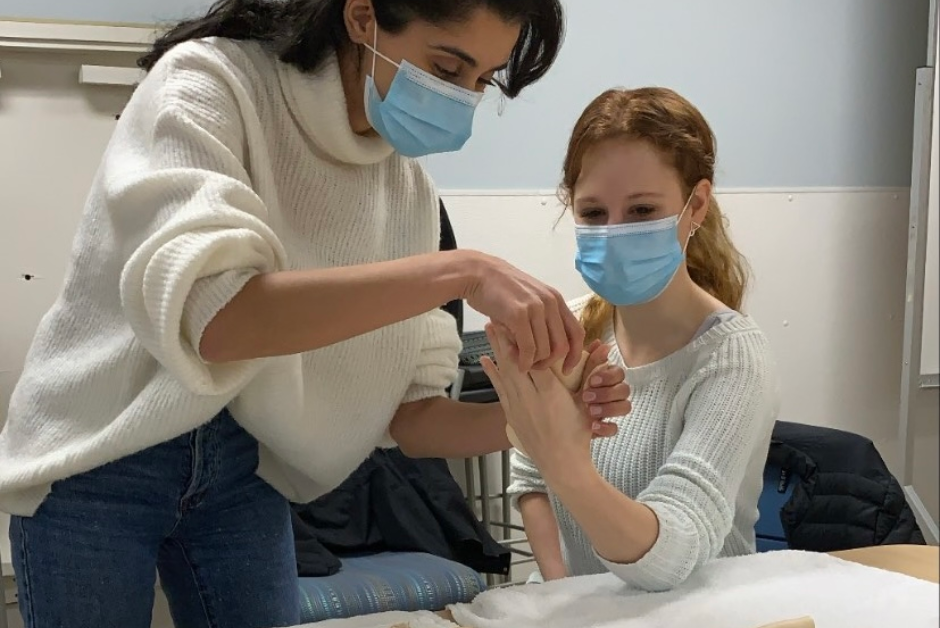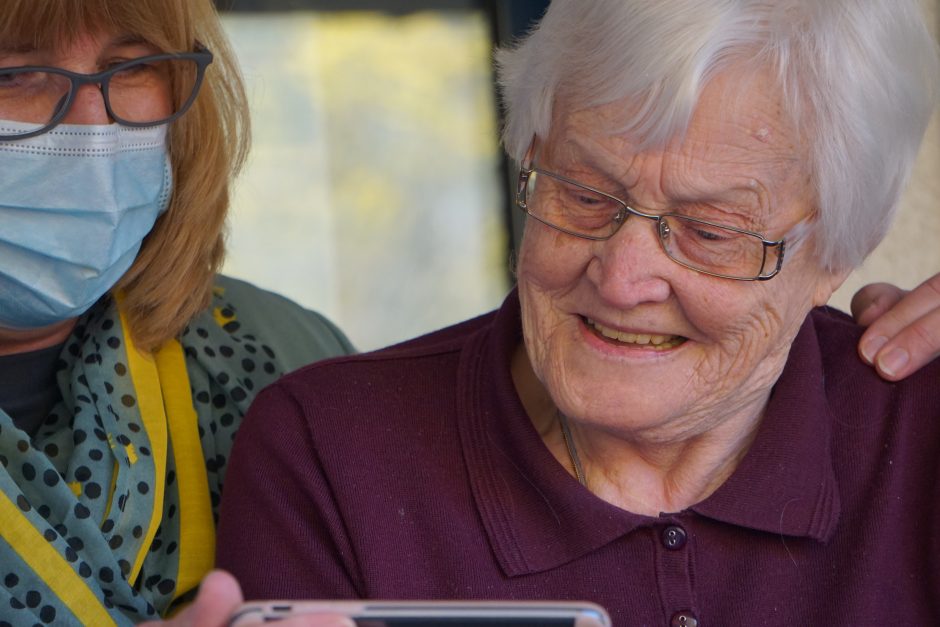Fieldwork placements are a key part of our Master of Occupational Therapy (MOT) program and take place in the curriculum alongside academic courses.

Information for Students
Placements offer hands-on experience in a variety of contexts and a chance to apply theory and taught approaches.
Find out more about fieldwork placement requirements, access important documentation and read FAQs.

Information for Fieldwork Educators
Clinicians offering placements not only benefit from the addition of talented, enthusiastic student occupational therapists in their practice, but also from new perspectives and energy as they train future colleagues.
Offer a student placement, access key documents and free online training modules, and learn more about the benefits of becoming a fieldwork educator.
Photo for Fieldwork Educator area by Georg Arthur Pflueger